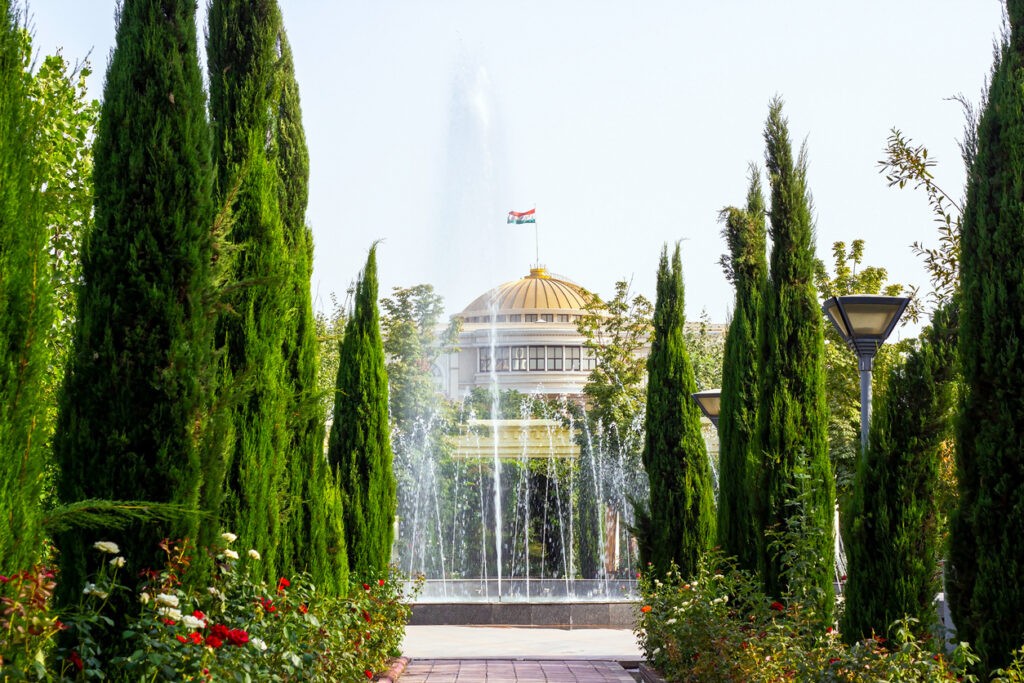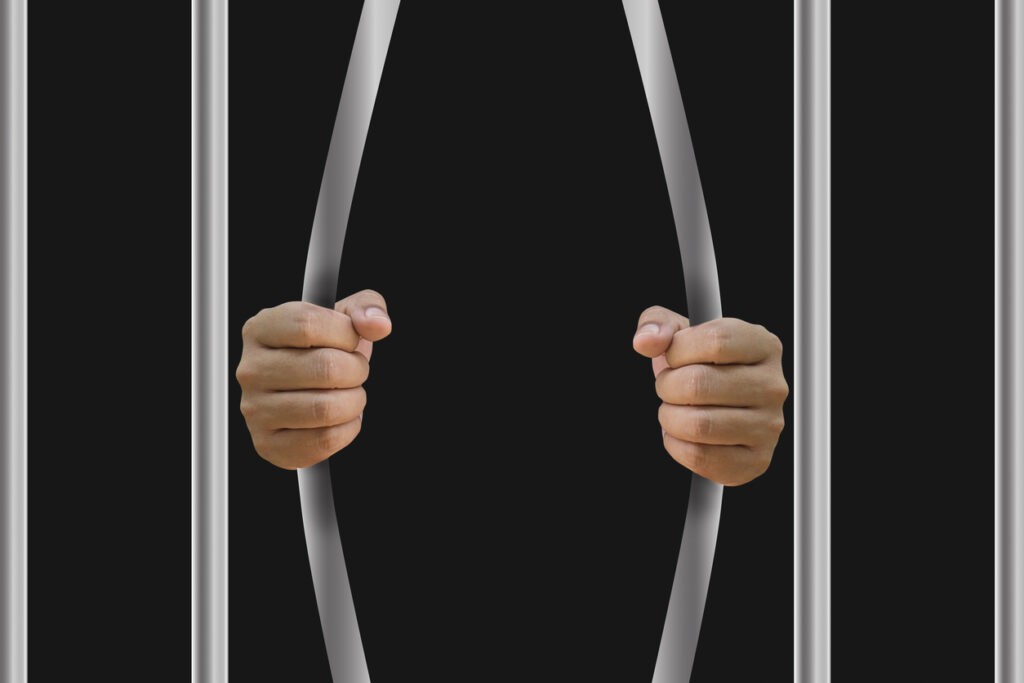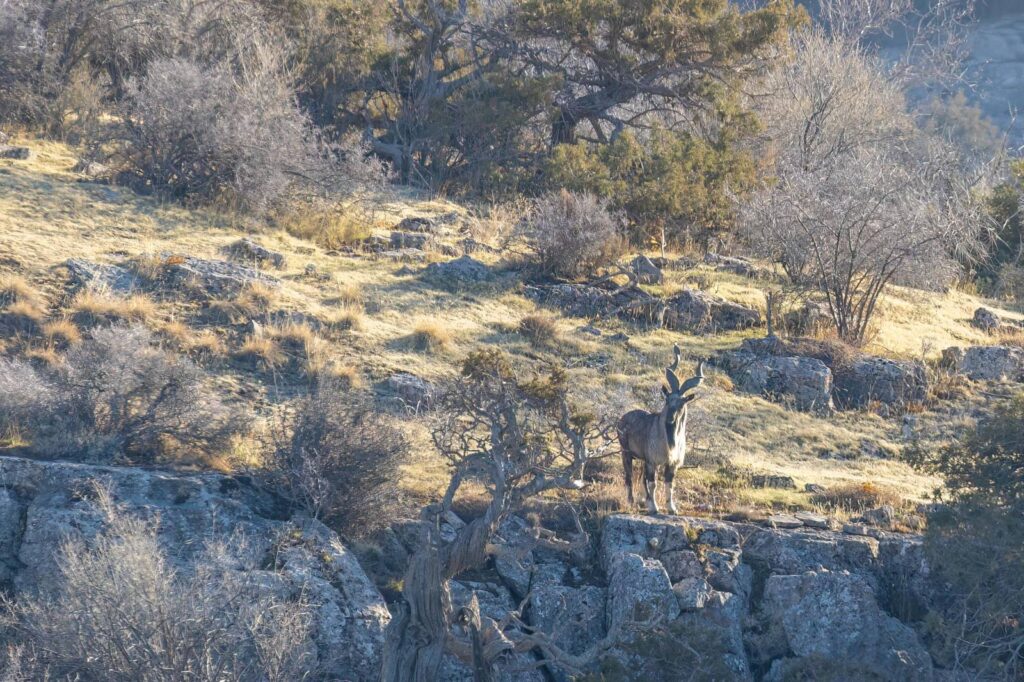EU Urges Tajikistan to Investigate Human Rights Violations
The European Union has once again called on the Tajik authorities to investigate human rights violations thoroughly and expressed concern about imprisoned human rights defenders, journalists, and bloggers. This was announced at the eleventh annual meeting of the European Union-Tajikistan Cooperation Committee held in Dushanbe. “An independent and active civil society together with free media is essential for developing a democratic society,” the EU Delegation in Tajikistan stated. Between 2022 and 2023, eight independent Tajik journalists and bloggers were sentenced to prison terms ranging from 7 to 21 years. Several human rights defenders and civil activists were also convicted during this period. Neither statements by international organizations and human rights defenders, individual appeals to the president, nor public outcry saved them from imprisonment. The authorities found them guilty of collaborating with banned organizations, but the journalists themselves confessed under pressure and torture. The EU report also mentions the May 2022 events in Gorno-Badakhshan Autonomous Oblast, when 34 people were killed following widespread protests and the response by security forces, where dozens of people, including civil activists, were detained and thrown behind bars for long terms. Authorities call them “members of criminal groups,” but relatives of the victims say most of them were simple civilians who had no weapons. Western organizations and countries believe that Tajik authorities violated human rights in suppressing the rally. The EU said that during the discussions, both sides exchanged views on regional and international interest issues, including the situation in Afghanistan, the increased threat of global terrorism and violent extremism, the environment, energy, trade, and other regional priorities.
2 months ago





